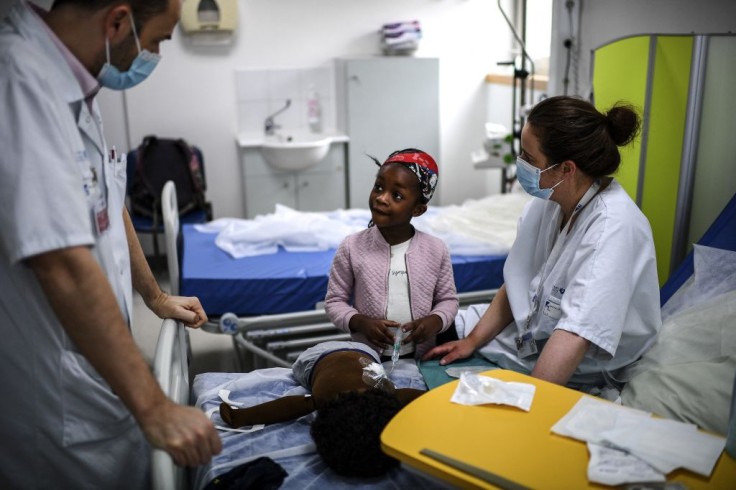
CAR-T, a new kind of cancer immunotherapy, has changed the playing field in blood cancer treatment. Now, other doctors see that it has the potential to fight solid tumors too.
According to a report from USA Today, Mary Stegmueller, a five-year-old, had reached a milestone when she outlived her predicted life expectancy, not just once but twice. When Mary was four years old, she was given less than a year to live. The devastating news was due to a brain tumor affecting and spreading through her brainstem. This part of the brain controls essential functions such as breathing and heartbeat.
Diffuse Intrinsic Pontine Glioma or DIPG
According to The Cure Starts Now, a foundation dedicated to helping children battling cancer, the young, bubbly girl from Colorado has been diagnosed and battling cancer since October 2020. Her brain tumor, a diffuse intrinsic pontine glioma, affects thousands of people worldwide and hundreds of Americans each year. The most common individuals diagnosed with DIPG are children.
The standard treatment of DIPG has been the same since 1962 when the said cancer became the cause of death of Neil Armstrong's 2-year-old daughter. Mary, patient No. 007 may have some light at the end of the tunnel. At present, she is patient No. 007 at a research trial at Stanford University, and the said research trial may finally increase the hope for the children and individuals battling DIPG. The trial involves a kind of cancer immunotherapy called CAR-T, which has been effective with blood cancer treatment but has not been effective in 90 percent of cancers, including solid tumors like DIPG. However, recent results may challenge this.
CAR-T
The latest results from Stanford are the first to show consistent effectiveness of CAR-T. According to the presented data during the American Association for Cancer Research Annual Meeting, IV treatment of DIPG has been well-tolerated and has mediated impressive sustained medical benefits in some patients. The tumors of some of the trial participants have shrunk to as much as 95 percent or more. According to USA Today, although some have since died, most have survived longer than their life expectancy.
In a separate research paper published in Nature early this year, CAR-T was reported to have made cancer vanish in two out of three patients with chronic lymphocytic leukemia. Their cancers were no longer present even ten years later. Although results vary per patient, CAR-T cancer immunotherapy has been revolutionary among patients suffering from blood cancers. It has been seen as effective, especially among acute leukemia patients and other blood cancers. In addition to these seeming success stories, the current results of the researchers from Standford are giving CAR-T experts some hope to continue researching because the results point to where to keep digging.
Cancer is the second leading cause of death in the country. The Center for Disease Control and Prevention says more than 1.6 million are diagnosed with cancer in the U.S. every year, and 600,000 die from it.
Related Article: Parents with Disabilities: Debunking Stereotypes and Stigmas